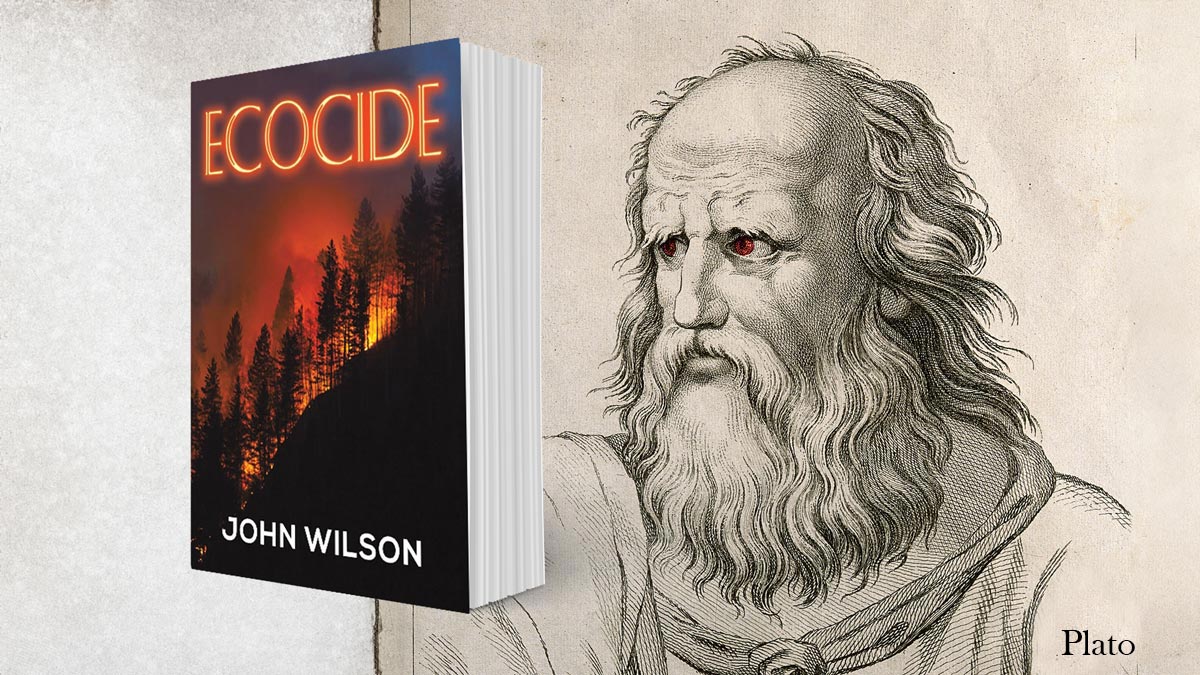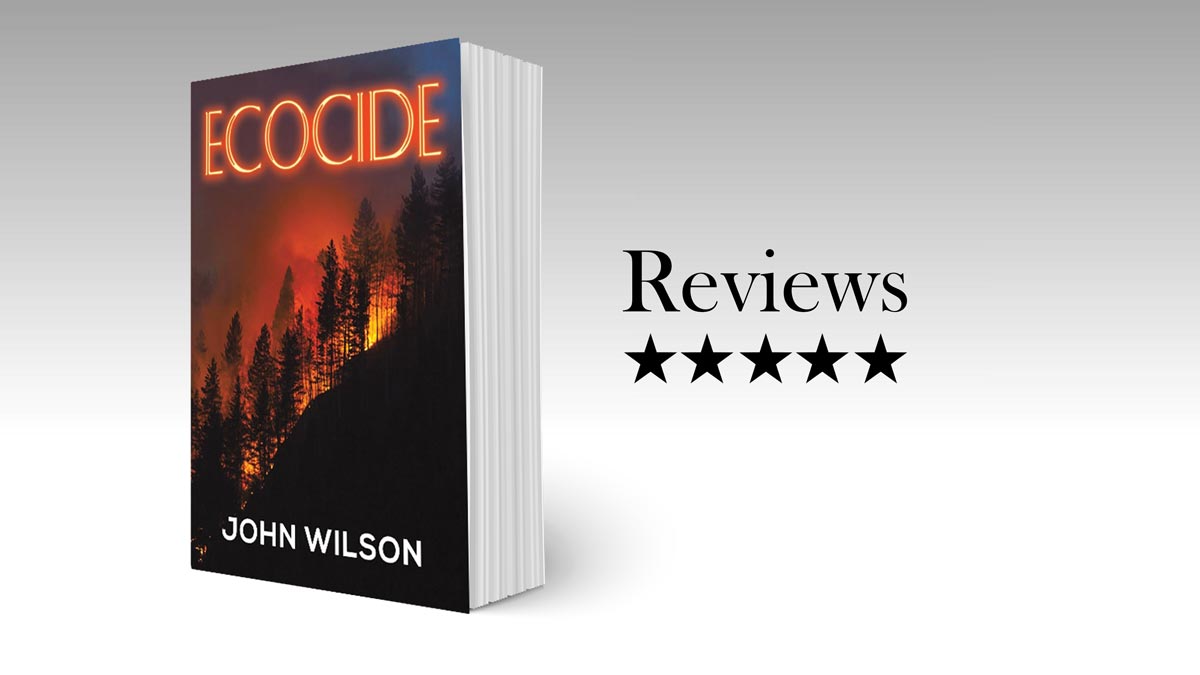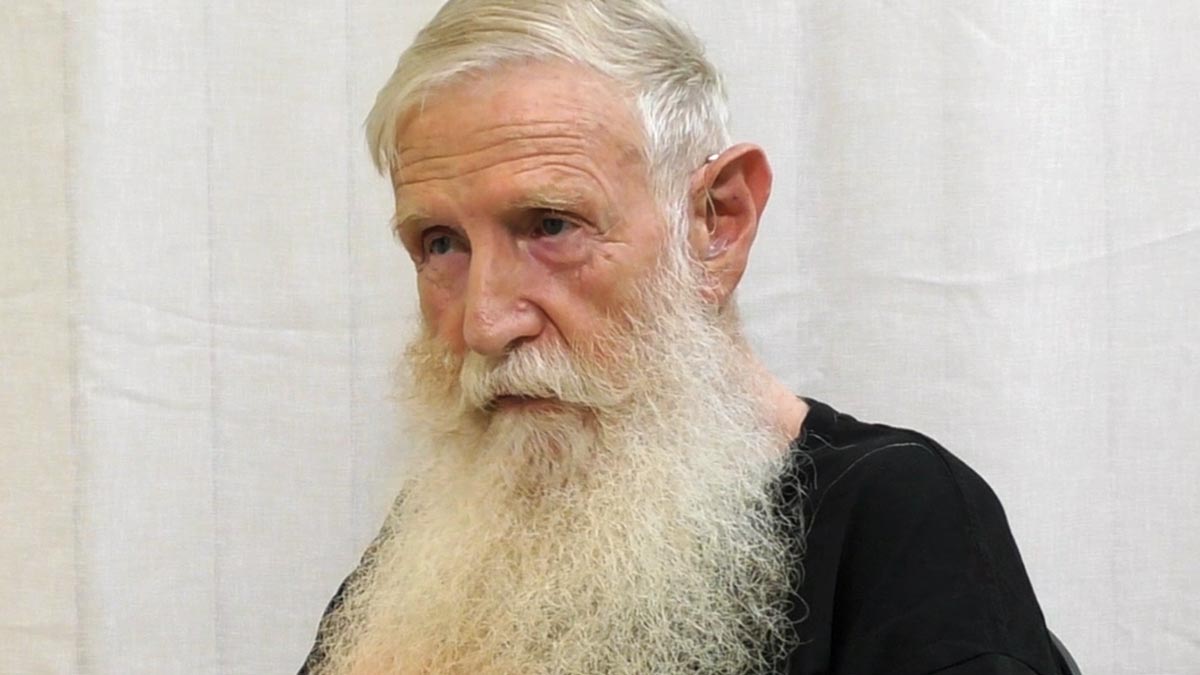Get the book
Google Play – eBook
Everand – eBook
Kobo – eBook
Amazon – Kindle / Paperback
Fishpond – Paperback
Introduction
Why write Ecocide? To examine our Platonic culture in relation to ecological decline.
What Ecocide says. Plato’s abstractions jeopardise ecology.
The author’s point of view: client-centred and body-oriented.
Simple language for easy understanding by ordinary people.
A fresh approach: to our ecocide through psychology.
Plato’s point of view: abstract, otherworldly, fascist.
Plato’s impact on Christians today: causing deep inner conflict, sickening.
Why the soul is the neatest and most obvious point of focus.
Reductionism explained
Outline of our emerging ecological crisis.
Ecological catastrophe could be sudden.
How ecological crisis impacts personal psychology.
How the law favours ecocide.
How this crisis came about.

PART ONE: ORIGINS
The soul in Ancient Africa and shamanism.
The soul in Ancient Egypt.
The Aryans replace European matriarchy with patriarchy and shamanism.
The founding of Ancient Greek civilization from tribal life and shamanism.
The Homeric soul of heroic action in this life in contrast with Plato’s abstract soul.
The Mystery religions explained: ancient secret drug cults.
Eleusinian Mysteries and the soul in detail.
Dionysus in Greek mythology: god of intoxication by whatever means.
Orpheus’ birth, his song, and his pre-literate dualistic theology.
Orphism a religious revival, replacing the Homeric soul and leading to Christianity.
Orphism stresses purity, holiness, sin, and devalues this world, particularly sex.
Narcissism explained: its blight on relationships and hard to treat.
Christian Narcissism.
Psyche in Greek myth.
Nature outlined.

PART TWO: BEFORE PLATO
Judaism, but one input into Christianity, Biblical command to dominate nature. Narcissism.
Homer sings the primacy of this life on earth.
The pre-Socratic philosophers leading to Plato.
Thales’ injunction: ‘Know Thyself!’
Anaximander, saw the universe in flux.
Pythagoras reformed Orphism for more refined Athenian tastes.
Xenophanes, on The One God, male, spherical, composed entirely of Mind, deifying Mind.
Heraclitus saw the cosmos in flux, founded dialectics and the Logos, deifying Mind.
A Watershed in philosophy between philosophies of flux and philosophies of stasis.
Parmenides opposed philosophies of flux with stasis which he taught to Socrates.
Anaxagoras brought philosophy to Athens, teaching the pre-eminence of Mind, abstraction.
Empedocles an Orphic statesman manipulating social behaviour through fear.
Herodotus, like Heraclitus breaking from mythology, made history an investigation.

PART THREE: PLATO
Plato’s ancestry
Plato’s turbulent background.
Plato’s troubled childhood
Plato’s exemplary youth and military service.
Plato’s sex life.
Plato’s reaction to Socrates’ execution
Plato’s Academy
Plato’s Symposium illustrating his literary skill.
Plato’s soul, its psychology.
Plato’s dualism: mind versus matter
Plato’s abstraction
Plato’s betrayal of this Earth
Critique of Plato’s philosophy
Formulation of Plato’s psychology
Psychology of the soul
Plato’s politics determined his philosophy, shamefully not the other way around.

PART FOUR: AFTER PLATO
Aristotle opposed Plato’s abstractions, but perpetuated Plato’s model of the soul.
Philo, a devout Jew and a committed Platonist saw their commonality.
St John, a Hellenised Jew, transposed Plato’s teaching into his Gospel.
St Paul, another Hellenised Jew, saw Jesus as like Socrates, and boosted Christianity.
Origen, a heretic who laid the Platonic foundations of Christianity: ‘Plato for the masses.’
Plotinus: the influential culmination of Neo-Platonism.

PART FIVE: CONSTANTINE
The army ruled the Roman emperors.
The Praetorian Guards murdered emperors then auctioned the known world for cash.
Constantine, cunning and cruel, chose Platonic Christianity for military, imperial advantage.
Early Christians quarrelled over the divinity of Christ.
Other candidates for religion of the Roman state.
Council of Nicaea: bishops obliged the emperor, enforcing Platonic faith for military gain.

PART SIX: THE ESTABLISHED CHURCH
Contacts carrying the mind-virus of Platonism into Christianity
St Gregory, a Platonist, glorified virginity
St Chrysostom, a Platonist promoted sexual shame.
St Ambrose, a Platonist deplores the scar of sexuality.
St Augustine of Hippo, a Platonist afraid of the flesh and sex, defined Christian theology.
Boethius, a Platonist wrote ‘The Consolation of Philosophy,’ infecting the Renaissance.
The Medieval Period enforced Platonic belief on pain of death.
Charlemagne, a convert welded Platonic Christianity to secular power.
St Thomas Aquinas, history’s greatest theologian, reconciled Christianity with Plato.
Bruno was burnt alive for dissent from Christian orthodoxy.
Hegel developed dialectics. His Platonism endorsed the Prussian State and Hitler.
Islam, adopted the Platonic soul, as did Christianity and Judaism.
The Church Militant enforced its Platonic orthodoxy.

PART SEVEN: SOUL IN THE ARTS
Orpheus was the direct source of Plato’s ideas about the soul and afterlife.
Homer’s heroic souls acting in this life, in contrast with Orphism and Plato.
Dante’s beautiful Tuscan vernacular made the afterlife a highly infectious variant of the virus
Michelangelo transposed Dante into paint, paints Christ as Apollo, and as Sol Invictus.
Shakespeare used soul 599 times with 40 different meanings, contradicting its singularity.
Donne reclaims the body but is still stuck with the Platonic soul.
Milton in Paradise Lost, like Dante, perpetuates and elaborates Plato’s other world.
Goethe, likewise, phantasies the other world in the foundation epic of a powerful nation.
Blake, another idealist, could ‘see the world in a [Platonic] grain of sand.’
Wordsworth, steeped in Platonism becomes more Platonic with age and patronage.
Keats, the most sensuous English poet, paradoxically promotes Plato’s otherworldly soul.
Mary Shelly’s Frankenstein assumes a singular Platonic spark of life.
Browning develops eternal punishment into pure Platonic abstract suffering.
Tennyson holding traditional conservative Platonic views was influential.
DH Lawrence, reclaims the body and sex, uses soul very often but in its poetic sense.
James Joyce, despite his liberation, illustrates infection and spread Plato’s mind-virus.

PART EIGHT: THE ENLIGHTENMENT
Sir Francis Bacon did not challenge Platonised religion, but his science would.
Galileo confronts Christian doctrine with a mechanistic understanding of the heavens.
Harvey imparts a mechanistic view of life, demystifying nature.
Descartes promotes radical doubt, but also his Platonic radical dualism.
Newton reinforced Descartes’ dualism, strengthening our dualistic view of the cosmos.
Hume, unable to detect any Platonic soul, promoted, plurality of mind.
Darwin’s Theory of Evolution meaning change, negates the soul and the divine right of kings
Nietzsche decries Plato on several fronts.
Freud and Jung accept and perpetuate Plato’s model of the abstract soul.

PART NINE: MODERN VIEWS
Weber: The Protestant Ethic drives the Spirit of Capitalism and industry impacting ecology.
Whitehead clarifies what really exists, warns against ‘category mistakes.’
Dawkins proposes memes, mind-viruses, opposes essentialism and ‘the discontinuous mind.’
Dennett explains consciousness in terms of Hume’s plurality.
Science flatly denies the soul on several grounds.
The ancient Christos cultivated the pagan inner Christ, seventeen centuries before Christ.
The Rosetta Stone enabled translation of hieroglyphics, revealing the ancient Christos.
Existentialism as a late capitalist secular tilt at the soul.
Sartre rebuts Platonic Forms: ‘existence precedes essence.’
De Beauvoir: the primacy of the physical body, and the dangers of absolutism.
Dataism: in a unified scientific paradigm, algorithms could become an invincible dogma.
Brain science negates the religious soul and even the secular self.
Logical arguments against the soul.
Scientific logic negates both the religious soul and the secular self.

PART TEN: CONCLUSION
Reiteration of the intention for this book: Plato’s abstractions are bad for ecology.
The soul in Christianity
Plato’s pyramidal model: top-down oligarchy and elitism in cosmology and politics.
Legitimate use of abstraction, not to be overdone.
Plato’s devaluation of the world and biosphere is more dangerous than Einstein’s E=mc2.
Logical problems with soul.
Plato’s mass hypnosis, even in print, even in translation, even over millennia.
Socrates’ and Jesus’ suicides institutionalise the death-wish.
Ecocide means mass suicide under a global death-wish.
The death-wish in Plato, in Christianity, and in global culture.
Word images of Plato’s stature and dire influence.
Military uses of the soul
The primacy of ecology as a positive alternative to ecocide.




